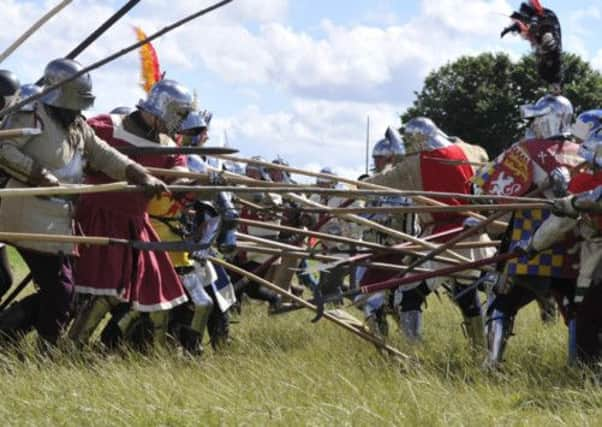Scottish word of the week: Collieshangie


If you do find yourself in some kind of bother, it might take the form of a bit of argy-bargy, a slanging match, or the perennial Press favourite - a blazing row.
One of the most vivid terms for such occasions is a Scots term that is, sadly, rarely used. Collieshangie is thought to be a compound of the Collie dog breed and ‘shangie’, a term for an object tied to a dog’s tail. When shangies were tied to a Collie’s tail, it is said to have made them irritable. It has also been said that ‘collie’ could derive from ‘coileid’, a Gaelic word meaning a noise or disturbance.
Advertisement
Hide AdCollieshangie’s precise origin and definition is diffuse - it can mean anything from a minor disagreement to a physical brawl, but in phonetic terms it does not instinctively suggest violence.
Instances of collieshangie in popular culture are sparse. Zoviet France, a little-known but long-running industrial band based in Newcastle, entitled the A side of their 1987 album A Flock Of Rotations ‘Ring Accelerator, Collieshangie Cailin’.
A more familiar source comes from bestselling writer Diana Gabaldon, author of the Outlander novels. Fiery Cross, the fifth in the series, contains a line that reads “Besides, the mad collieshangie of her hair made him laugh,” which reinforces the term’s flexibility.